Uzbekistan's military capabilities: A comprehensive review of strengths and resources
Amid ongoing conflicts in Ukraine and the Middle East, military power and preparedness have become more pressing concerns for countries worldwide. In this context, Uzbekistan, strategically located in Central Asia, warrants particular attention regarding its military capabilities. However, due to limited official data and inaccuracies in international rankings like the Global Firepower Index (GFP), Uzbekistan's military potential is often underestimated.
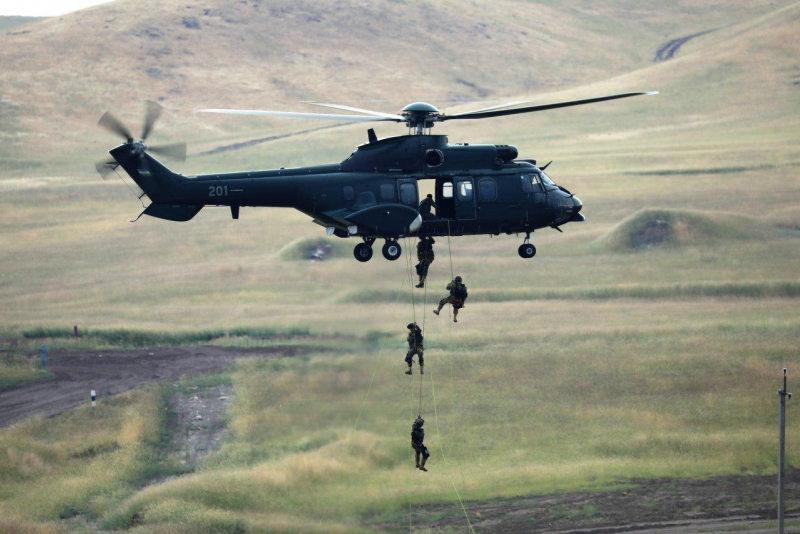
Uzbekistan’s military strength, resources, and strategic potential remain underexplored, as international assessments often overlook key factors. The GFP ranks countries based on workforce, financial resources, weaponry, geographic location, natural resources, logistics, and defense budgets. However, Uzbekistan’s rank in the 2024 GFP dropped from 62nd to 65th, a decline that undermines its position as a regional leader in Central Asia. Experts argue that these rankings fail to accurately represent Uzbekistan's true military capacity due to discrepancies in the data used.
One of the most significant gaps in the GFP assessment is the failure to account for Uzbekistan's reserve forces, which are not recognized as part of its military strength. According to Uzbek law, all able-bodied men aged 18 to 35 are required to serve in the reserves, a demographic group comprising around 10 million people. Even considering health and employment restrictions, the reserve forces likely exceed 5 million individuals. This vast reserve provides Uzbekistan with a crucial strategic resource, enhancing its defense capabilities and ensuring readiness for prolonged military operations.
GFP estimates Uzbekistan’s active forces at 48,000 soldiers and an additional 20,000 paramilitary personnel. However, World Bank data suggests the number of active soldiers is closer to 68,000. Furthermore, Uzbekistan’s National Guard, a vital component of the paramilitary system, exceeds 30,000 personnel. This significant force structure considerably bolsters the country's operational capacity, providing a robust foundation for national defense.
While the GFP report lists Uzbekistan's defense budget as $796 million, the actual figure is closer to $3 billion. This discrepancy reflects the country's commitment to modernizing its military forces and enhancing operational readiness. Furthermore, Uzbekistan's purchasing power parity (PPP) is estimated at $319 billion, significantly higher than the $270 billion figure used by GFP. Such economic strength supports sustained investment in defense, ensuring long-term preparedness and strategic flexibility.
Uzbekistan boasts a well-developed logistics infrastructure, including storage facilities, repair bases, and transportation hubs necessary for long-term military operations. The country's extensive railway and road networks enable rapid mobilization of forces and equipment, enhancing its strategic maneuverability. Despite these advantages, global rankings still fail to give adequate weight to Uzbekistan's logistical capabilities, which are critical for maintaining combat readiness and operational flexibility.
In recent years, Uzbekistan has made significant strides in modernizing its military equipment, replacing outdated systems with advanced tanks, armored vehicles, and missile systems. Additionally, investments in cyber defense and electronic warfare have strengthened the country’s ability to operate in contemporary combat environments. Despite these advancements, global assessments have yet to fully recognize Uzbekistan’s modernization efforts.
Uzbekistan’s military forces benefit from comprehensive training programs aligned with international standards. Regular joint exercises with global partners enhance the tactical skills and professional qualifications of Uzbek soldiers. This international cooperation increases the army’s flexibility and preparedness for a range of scenarios, further reinforcing its defense capabilities.
Located at the heart of Central Asia, Uzbekistan enjoys a strategic advantage in responding to regional threats. While GFP takes into account factors like territory and borders, it fails to acknowledge the broader impact of Uzbekistan's central position on regional security dynamics. Additionally, Uzbekistan’s energy independence plays a crucial role in its military operations. With significant gas and coal reserves, Uzbekistan can conduct military operations without relying on external resources, providing long-term sustainability for defense initiatives.
Mirshohid Aslanov, Director of the Center for Progressive Reforms, notes that global military rankings such as GFP do not adequately reflect Uzbekistan's true military potential. A reassessment that includes factors like reserve forces, accurate budget data, logistics infrastructure, modernization efforts, and energy independence would provide a more accurate and complete picture of the country's military strength.
Related News
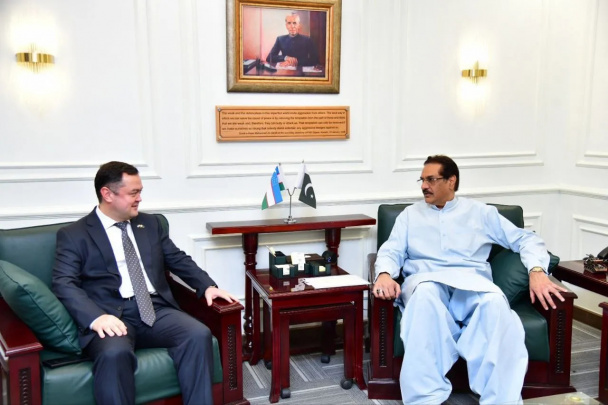
13:28 / 05.07.2025
Uzbekistan and Pakistan discuss new defense industry projects
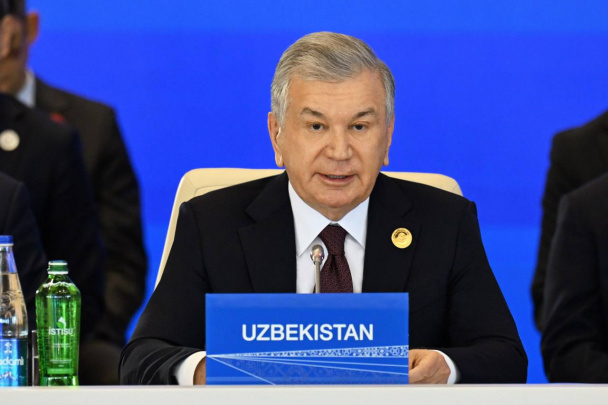
17:31 / 04.07.2025
Shavkat Mirziyoyev calls for end to violence in Gaza, urges recognition of Palestinian state
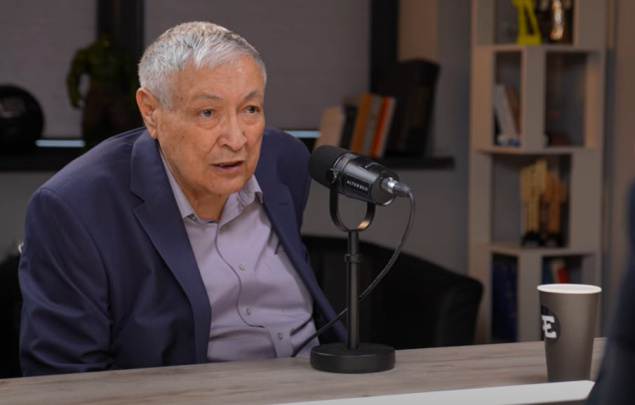
18:35 / 25.06.2025
“Karimov thought he could control the market by force” — Former Defense Minister speaks out
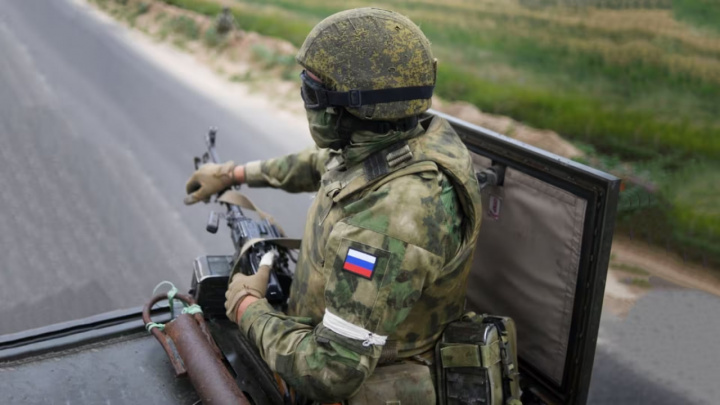
10:13 / 24.06.2025



